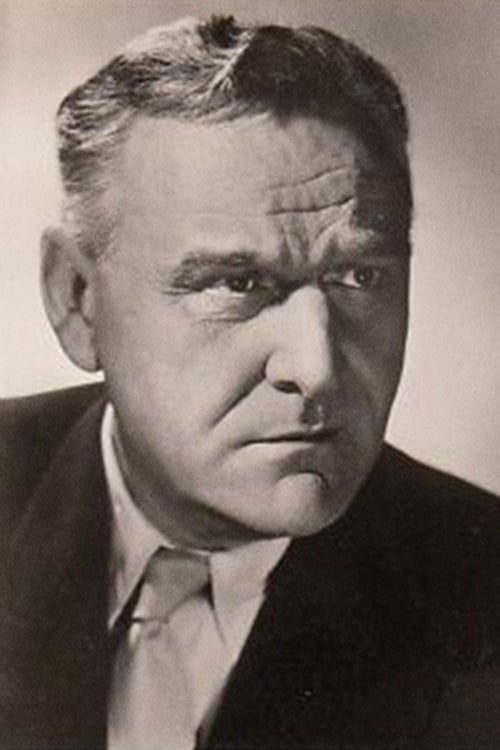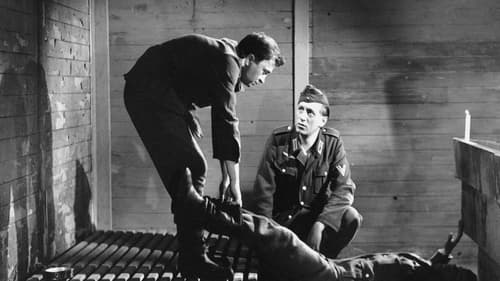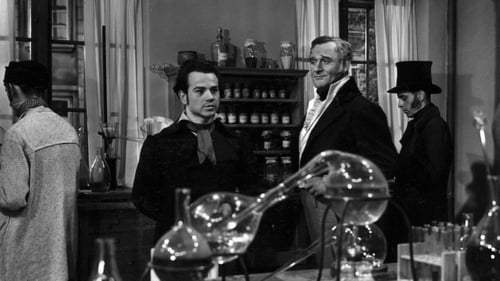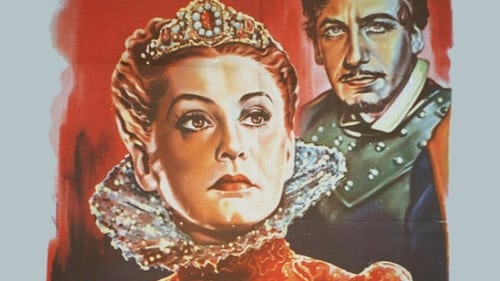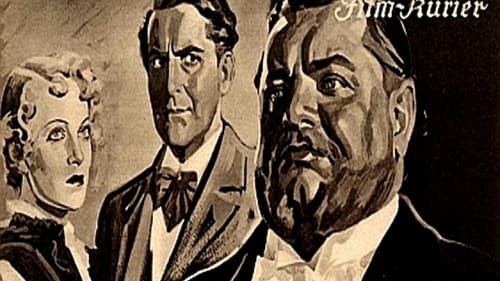Walther Suessenguth
出生 : 1900-02-08, Schleiz, Thuringia, Germany
死亡 : 1964-04-28
略歴
Walther Suessenguth, also Walther Süssenguth or Walter Suessenguth; actually Walther Wilhelm Rudolf Suessenguth (born February 8, 1900 in Schleiz, Thuringia, † April 28, 1964 in Berlin) was a German actor and voice actor.
The son of a theater director had received his artistic training at the end of the First World War at the Dresden Conservatory and in 1919 his first engagement at the Reuss Theater in Gera. Other stage stations were Plauen, Lübeck, Königsberg, Erfurt, Halberstadt, Hannover, Oldenburg, Frankfurt / M., Again Gera, again Königsberg and Hamburg. Since 1935 he stayed in Berlin to fulfill a commitment to the theater of youth. This was followed by appearances on metropolitan stages such as the Schiller Theater, the Hebbel Theater and the Volksbühne Berlin, interrupted only by a season at the Deutsches Schauspielhaus in Hamburg 1936/37. Suessenguth had made a name for himself as an interpreter in modern plays (by authors such as Zuckmayer, Sartre and Werfel), for example in The Bride of Messina, The River, Sinner and Saint, The Flies, The Ballad of the Eulenspiegel, Barbara Blomberg, Undine and Jakobowsky and the colonel. In his later years Suessenguth acted increasingly as a director. His most famous productions included Bahr's Das Konzert, Frank Wedekind's Spring Awakening and Hermann Sudermann's The Butterfly Battle.
Suessenguth had made his film debut in the 1934 premiere Storm adaptation The Schimmelreiter, in which he played alongside Mathias Wieman and Marianne Hoppe the role of the jealous groom Ole Peters. Until the end of the Second World War, he was seen with small roles in twelve other films, such as Zar Alexander in Wolfgang Liebeneiner Bismarck film The Dismissal.
Since 1948 Suessenguth was mainly active as a voice actor, where he cast his votes among others Lon Chaney, Maurice Chevalier, Barry Kelley, Herbert Marshall, John McIntire, Victor McLaglen, Reginald Owen, George Sanders, Spencer Tracy, Tom Tully, Charles Vanel, Orson Welles and Chill Wills lent.
In the mid-1950s, Suessenguth reappeared in several films himself. Larger roles he had in about The city is full of secrets (1954), Tsar and carpenter and cheated to the recent day. In his last years, he occasionally participated in television productions, such as in Peter Beauvais' television movie The Little Foxes and in the street sweeper Tim Frazer by Francis Durbridge, in which he embodied the painter and crook Walters.
Walther Suessenguth was buried in the cemetery Wilmersdorf in the Dept. E5-UW-217.
His brother is the actor Richard Süssenguth.
From Wikipedia, the free encyclopedia
